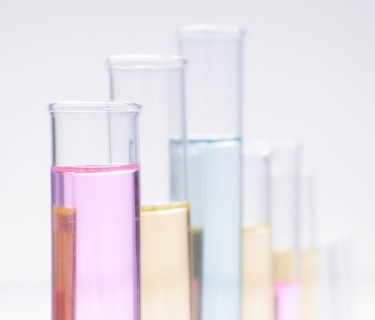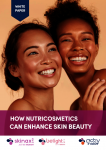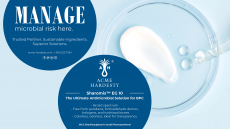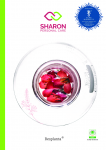Research finds soybean crop to absorb nanoparticles in cosmetics

The study published this month in the journal ‘ACS Nano’ features the work of an international team of researchers from the European Synchrotron Radiation Facility in France, the University of Texas and the University of California who looked at the environmental effects of two manufactured nanomaterials (MNMs), which are said to be included in personal care products.
The scientists studied the effects of nano-based zinc oxide, which is commonly used in sunscreens, lotions and make-up, which, after it is washed off, can go through sewerage systems to water treatment facilities and end up in the soil, as it is often used as fertilizer by farmers.
To determine the environmental implications, the team chose soya bean plants as they are the fifth largest crop in global agricultural production, and previous studies have shown the plant to be vulnerable to MNM nanomaterials.
"Ultimately, the goal of the research is to find more environmentally compatible substitutes to the potentially hazardous nanoparticles.”
'What is tolerable today can become dangerous tomorrow'
According to professor Jorge Gardea-Torresdey at the University of Texas; "Tolerable levels today can become dangerous tomorrow. This is why it is important to study not only whether man-made nanoparticles can be taken up from soil but also how they are biotransformed in the plants."
Although the EPA requires pretreatment programs to limit metal discharge, there are no specific regulations for monitoring MNMs, despite the fact that they are detectable in the biosolids.
The study results showed that soybean plants grown in soil that contained bioaccumulated zinc is absorbed into the stems, leaves and beans, in turn affecting the food quality.
May not all be bad news...
Despite this news, the author does also report that it may not be harmful to humans if they were to consume soybean products that contained the zinc in the form of ions or salts contained in the plants.
“There could be hotspots, places where you have accumulation, including near manufacturing sites where the materials are being made, or if there are spills,” says Gardea-Torresdey.
“We have very limited information on the quantity or state of these synthetic nanomaterials in the environment right now. We know they’re being used in consumer goods, and we know they’re going down the drain.”















